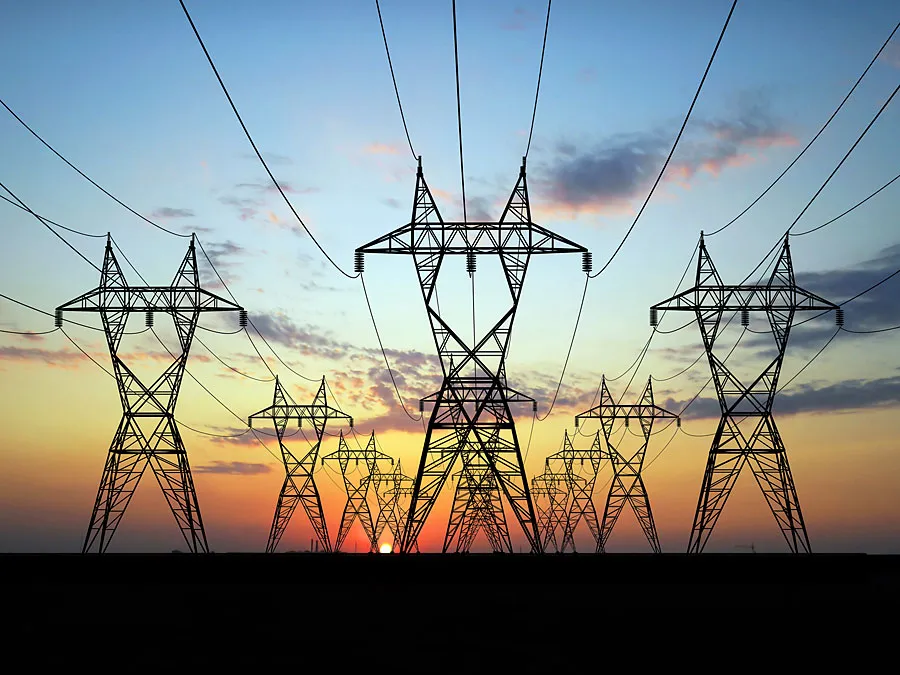……Blackout Begins in Nigeria’s Economic Hub

Business owners banks and manufacturers in Lagos and parts of Ogun State are bracing for financial losses that could run into hundreds of billions of Naira as a planned 25-day power outage begins
The blackout which commenced on July 28 is being implemented by Ikeja Electric and Eko Electricity Distribution Company affecting Nigeria’s commercial nerve centre and its surrounding communities
Both DisCos announced in separate statements last week that the power outage would stretch from 8 am to 5 pm daily and continue until August 21 2025
The outage will occur between 8:00 am and 5:00 pm each day affecting several parts of Lagos and other serviced areas
Maintenance Work Behind Scheduled Outage
The electricity distribution companies explained that the outage is necessary due to scheduled maintenance work on the Omotosho–Ikeja West 330 kV line by the Transmission Company of Nigeria TCN
While Ikeja Electric supplies most of Lagos State Eko DisCo manages the southern parts including Agbara in Ogun State
These two companies are known to receive the highest allocation from the national grid among all electricity distributors in the country
Economic Activity Under Threat
According to Biodun Ogunleye the Lagos State Commissioner for Energy and Mineral Resources businesses in Lagos alone spend over N13 trillion monthly on electricity bills indicating how critical power is to economic activity in the state
With this extended blackout the losses could be staggering especially for businesses that operate around the clock
The Nigerian Electricity Regulatory Commission’s Q1 2025 report also shows that Ikeja Electric and Eko DisCo generated the highest revenues among their peers collecting N101 billion and N105 billion respectively
However the ongoing outage is expected to significantly cut into their revenue while worsening the liquidity strain within Nigeria’s already fragile power sector
Experts Warn of Severe Business Disruptions
Speaking with newsmen Dr Muda Yusuf CEO of the Centre for the Promotion of Private Enterprise CPPE warned that the blackout would carry a massive economic toll
The cost of the proposal to shut down the supply to the grid for maintenance will be enormous The implication is that businesses that rely on the grid for supply will now have to shift to alternative sources of power So we are likely to see significant pressure on energy costs for businesses in this period Dr Muda Yusuf stated.He highlighted the operational challenges that many businesses face during such blackouts especially in critical sectors like healthcare hospitality and retail
Some businesses cannot afford to shut down they have to operate 24 hours We are talking about hotels hospitals supermarkets and some manufacturers They have to operate 24 hours and this requires powerYusuf pointed out that although grid power has been criticised for its high tariffs it remains cheaper than alternative sources like diesel and gas hence the shift would increase costs and reduce productivity
This has a potentially huge cost implication for businesses which will impact their bottom line We are talking about close to a month This will affect productivity because some businesses will have to operate for shorter hours due to the cost of energy
A Painful but Necessary Sacrifice
Despite the heavy burden the blackout imposes Yusuf acknowledged that maintaining the national grid is a crucial step toward long-term power stability
We have been complaining about the quality of the National Grid so if the government through the TCN is now committed to maintaining it and strengthening the capacity of the grid I think it is a sacrifice that needs to be madeHe noted that years of poor investment and outdated infrastructure have made the grid one of the weakest links in Nigeria’s power supply chain



